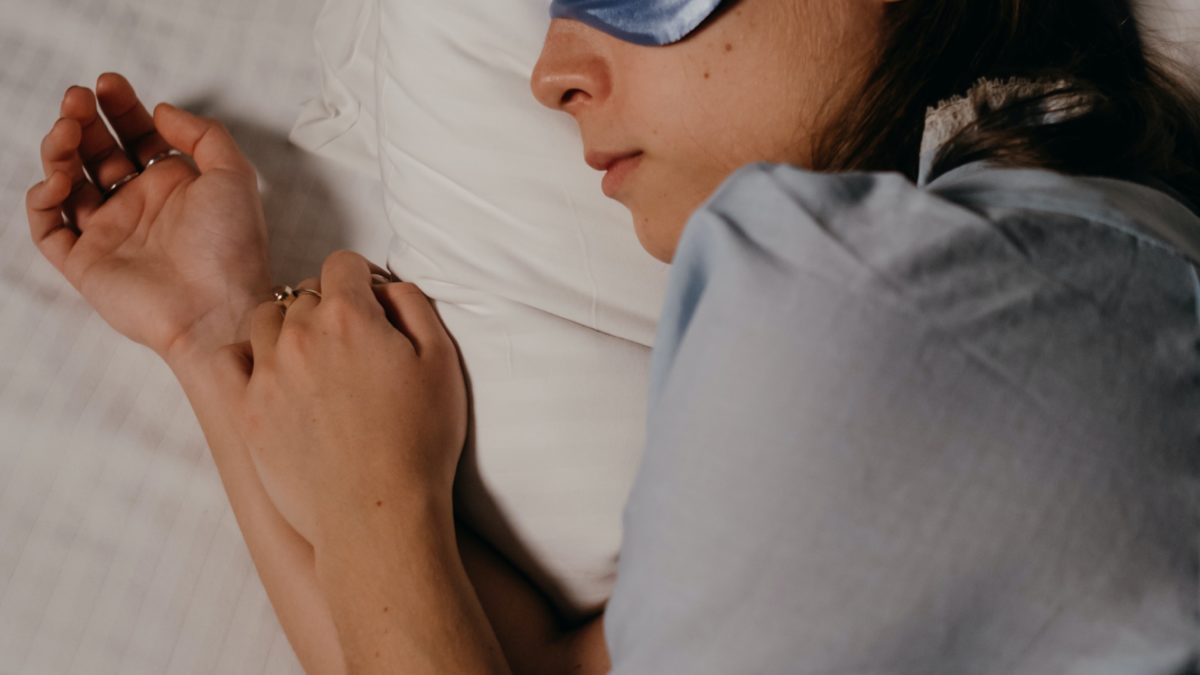How are we sleeping in current times?

A closer look at The Heritage Mattress made by Ely Mattress
November 1, 2021
Understanding the price of a luxurious natural mattress
November 12, 2021
Sleep is something we all need as human beings. Research studies have identified that with very little sleep, we cannot function well. Randy Gardner, a high school student in the 1960s, was kept awake for around 11 days straight for a research study. Understandably, this had a significant impact on his mental processing and ability to do basis tasks.
In less extreme modern day scenarios, those with sleep of relatively poor quality will often confirm this has had a negative impact on their wellbeing and daily life. Whether it’s memory, processing our emotions, or general day-to-day functioning – sleep is essential to help with so many important parts of living.
If sleep is so important to keep us well, why is it that in modern sleep is often seen as a luxury rather than a necessity? This blog will explore what can impact on our sleep in current times and ways to potentially manage these factors.
Priorities
Most people have heard New York referred to as ‘the city that never sleeps’. So many of us have somehow adopted the city’s famous trait in modern times. Sleep often becomes our last priority after our busy job, kids, pets, house cleaning and social life. We tend to deprive ourselves of sleep in an attempt to prioritise these other areas of life, as they are either obligations or things we enjoy. With so much research suggesting sleep is essentially important for our wellbeing, could your life be adjusted to prioritise sleep? It certainly should be!
Technology
It is common for many of us to have a television in our bedroom or to scroll on our phones before going to bed. Blue light from screen time can actually trick our body into thinking it is daytime and cause hormones to be released which make our bodies alert and awake. TV light and noise can also disturb our sleep throughout the night, meaning we are actually waking more frequently. Focusing on other things- such as reading a book or listening to a sleep story – before bed may improve sleep quality and help us wind down, especially if you are struggling to drift off.
Routine
Routine has been found to be very important to help our body sleep. Our bodies have a natural circadian cycle which helps us wake naturally and feel tired at certain times. As humans, we often like routine and thrive off it. Your body will have its ideal window to go to sleep and, whether you like it or not, it likes to stick to this.
In modern day society, we can often go to bed at different times throughout the week depending on our busy schedule and weekend plans. This is understandable, but if you are finding it a struggle to sleep, setting a routine of regular sleep and wake times regardless of the day may be helpful over time.
Mental Health Struggles
Life can often contribute to us feeling stressed, anxious or low in mood- all of which can have an impact on our sleep. When we are stressed or anxious, our body is alert and ready for action, making it difficult for us to feel relaxed and able to sleep. Anxious or stressful thoughts may keep us awake throughout the night or prevent us from sleeping in the first place. When feeling low, we may sometimes feel the need to sleep a lot more, or perhaps we struggle to sleep at all – especially if things are on our mind.
Seeking mental health support or looking up self-help material to manage your mental health may be helpful options to consider if you are struggling with your sleep because something is not quite right inside.
Diet
Our diet and eating habits can have an impact on our sleep. In current times, caffeine is often a must, but it can affect our ability to sleep significantly. It can take up to 10 hours for caffeine to completely leave our system. The cup of coffee you had back at 2pm to get you through the work afternoon lull may still have an impact on you later that night. Foods such as chocolate also contain caffeine, so be mindful what you consume before bed. High sugar foods around bed can cause a blood sugar crash whilst we sleep, causing us to wake.
Including foods in our diet which are high in melatonin – such as cherries – or high in magnesium – such as almonds – can help encourage the hormones we need to sleep.
Environment
Having the right environment for sleep is also important. In current times, we may be using our bedroom as an office due to working from home. We may also use our bedroom for other things, such as watching TV or certain hobbies.
It is recommended that you use your bedroom for sleeping only if possible, so that your body associates the bedroom with sleep. Having a dark, cool room with few disturbances is also suggested. This will create the best sleep environment possible.
Your Mattress
Lastly, research has found that we spend one third of our lives in bed on average. Often, we may not invest in a good quality mattress to help aid sleep. With such a wide choice of options in current times, it can be difficult to choose which mattress is best for you.
Here at Ely, our mattresses contain only natural fibres, avoiding the use of toxic materials that many other mattress companies use. Our natural materials adapt to temperature and can really aid sleep quality, health and wellbeing. It may be worth exploring whether a new mattress may help with your sleep struggles.